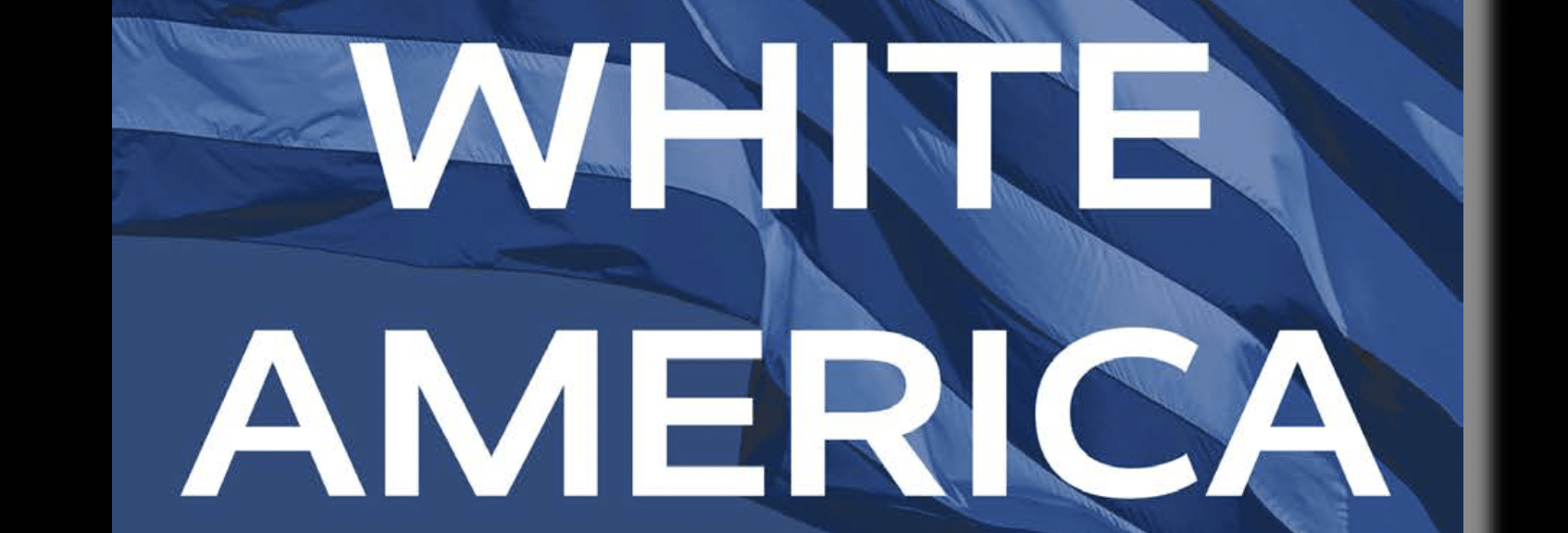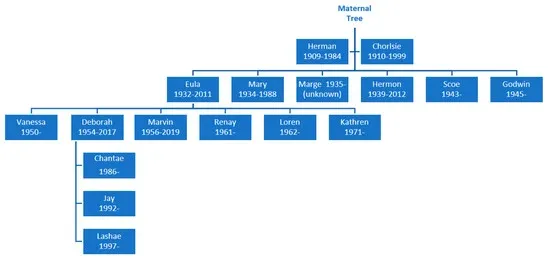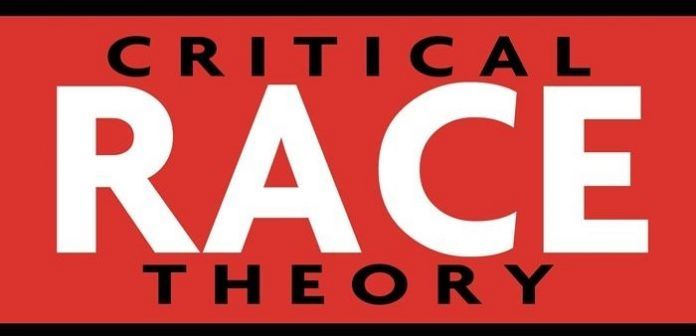Upending Gag Order Legislation
In most states of the U.S., educational "gag order" bills have been introduced, and in fifteen states, they have been passed and signed into law. These laws are having a chilling effect on teachers' attempts to teach U.S. history honestly and to address contemporary issues involving race and gender in the classroom.
But in Florida, two educators—Dilys Schoorman and Rose Gatens—have figured out how to upend gag order legislation and use it to support teaching from multicultural perspectives.
Gag order legislation is often vague. That vagueness, as well as media spin regarding what any given legislation or proposed legislation implies, instills fear in teachers who aren’t sure exactly what they might be fired for. Gag order legislation also generally presumes a White and heterosexual point of view, attempting to ban concepts or practices that are uncomfortable for White people, but the absence of which may be uncomfortable for people of color and/or LGBTQ people. In addition, such legislation is often based on one-dimensional views or assumptions about what happens in schools, in the process banning practices that don’t actually happen or practices writers of the legislation did not intend.
Let’s look at Florida’s House Bill 7, the Individual Freedom Act. HB7. This bill:
Provides that subjecting individuals to specified concepts under certain circumstances constitutes discrimination based on race, color, sex, or national origin; revising requirements for required instruction on the history of African Americans; requiring the department to prepare and offer certain standards and curriculum; authorizing the department to seek input from a specified organization for certain purposes; prohibits instructional materials reviewers from recommending instructional materials that contain any matter that contradicts certain principles; requires DOE to review school district professional development systems for compliance with certain provisions of law.
How did Dilys and Rose reframe the bill? Below are examples from their text, which you can download here.
For example, the law bans “indoctrinating” or “compelling individuals to believe” certain things. The faculty members’ reframing notes that educators do not typically do these things, and that teaching multiple perspectives in a way that encourages students to make up their own minds is consistent with the law.
The law bans teaching “an individual, by virtue of his or her race, color, sex, or national origin, bears responsibility for, or should be discriminated against or should receive adverse treatment because of, actions committed in the past by other members of the same race, color sex, or national origin.” The faculty members’ reframing notes that the law only bans holding individuals accountable; it says nothing about groups. As a result, it is permissible to teach about historic patterns in the treatment of people, and who benefited from that treatment (such as through redlining and disenfranchisement), and while doing so, space should be created for students to consider morally responsible steps they as citizens might take today.
The law bans making an individual feel “discomfort, guilt, anguish, or any other form of psychological distress on account of his or her race, color, sex, or national origin.” The reframing acknowledges that BIPOC students have long had to endure distress because of many practices in schools that need to be changed; that erasure of LGBTQ people from the curriculum and from school policies creates distress; and that teachers attributing guilt to Muslim students in the wake of 9-11 caused anguish. In other words, the best way to uphold the law for everyone is to help teachers learn to teach weighty topics in a way that takes students’ feelings into account and mitigates potential negative feelings. Teachers should also use a multicultural curriculum with everybody (and one that includes attention to anti-racist White people in history), link lesson plans to curriculum standards, and keep administrators and parents in the loop.
An implication of this thoughtful and creative work is that educators should carefully read the letter of the law rather than simply listening to what the media say. You may be able to upend the gag order legislation in your state!
Source: Schoorman, D., & Gatens, R. (2022). Reframing FL HB7 as a call for Multicultural Education.
Christine Sleeter








